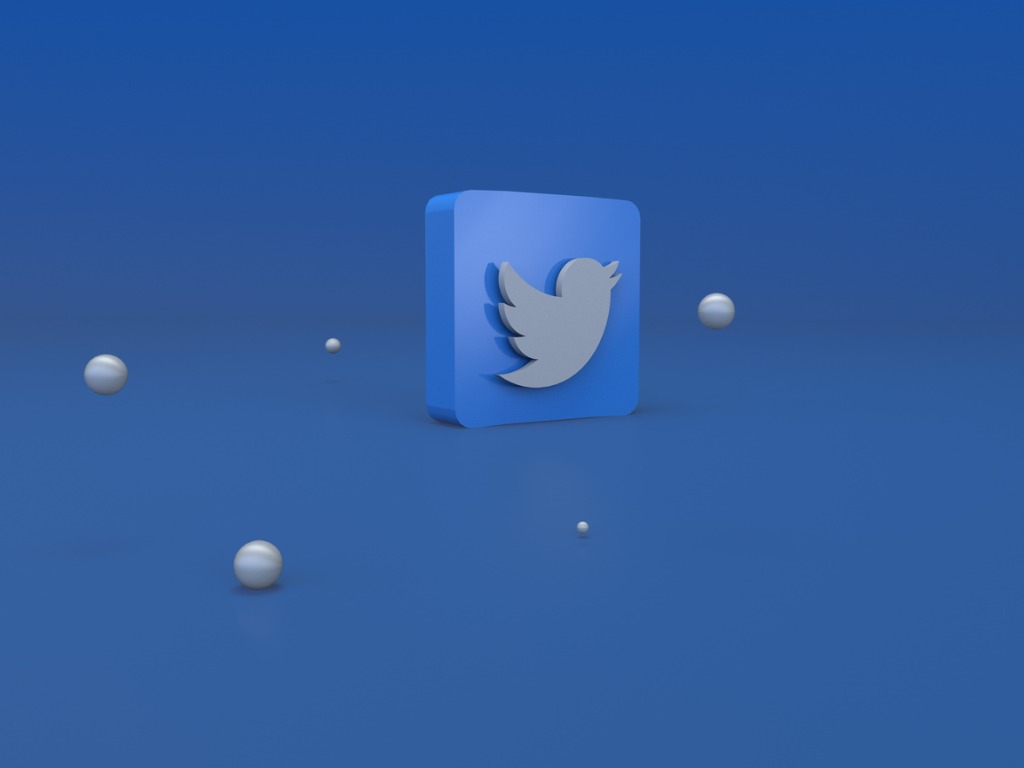The Select Committee to Investigate the January 6th Attack on the United States Capitol held its seventh public hearing on July 12. During the hearing, a former Twitter employee who remained anonymous spoke about former President Donald Trump’s behavior on the platform, especially with regards to a tweet Trump made on December 19 denouncing the results of the 2020 presidential election and advertising a “big protest” on January 6.
Representative Jamie Raskin (D-MD) set the stage for the Twitter whistleblower’s introduction by discussing Trump’s December 19th, 2020, tweet. The tweet reads:
“Peter Navarro releases 36-page report alleging election fraud ‘more than sufficient’ to swing victory to Trump washex.am/3nwaBCe. A great report by Peter. Statistically impossible to have lost the 2020 Election. Big protest in D.C. on January 6th. Be there, will be wild!”
Raskin showed videos of media and online personalities like Alex Jones reacting to the tweet and urging individuals to answer the call and convene on January 6 in D.C. “Trump’s call to Washington reverberated powerfully and pervasively online,” Raskin said.
Raskin then announced that the January 6th Committee interviewed a former Twitter employee who “was on the team responsible for platform and content moderation policies on Twitter throughout 2020 and 2021.” According to Raskin, “[t]he employee testified that Twitter considered adopting a stricter content moderation policy after President Trump told the Proud Boys to ‘stand back and stand by’ from the lectern at the September 29 presidential debate, but Twitter chose not to act.”
The Committee then presents audio clips of the former Twitter employee speaking, with their voice disguised for anonymity. The individual talked about the red flags that Trump’s December 19 tweet raised: “My concern was the former President for seemingly the first time was speaking directly to extremist organizations and giving them directives. We had not seen that sort of direct communication before, and that concerned me.”
“So, just to clarify further, you were worried, and others at Twitter were worried, that the President might use your platform to speak directly to folks who might be incited to violence?” the interviewer asked. The whistleblower responded, “Yes.” They continued to say, “I believe that Twitter relished in the knowledge that they were also the favorite and most used service of the former President and enjoyed having that sort of power within the social media ecosystem.”
The interview also brought up Trump’s suspension from the platform, which occurred two days after the January 6 attack on the Capitol. The whistleblower asserted that for any other person, their account would have been suspended earlier: “If former President Donald Trump were any other user on Twitter, he would have been permanently suspended a long time ago.”
The whistleblower explained what changed after Trump’s December 19 tweet. “It felt as if, it, a mob was being organized, and they were gathering together their weaponry and their logic and their reasoning behind why they were prepared to fight. Prior to December 19th, again, it was vague, it was nonspecific, but very clear that individuals were ready, willing, and able to take up arms.”
“After this tweet on December 19th, again, it became clear, not only were these individuals ready and willing, but, the leader of their cause was asking them to join him in this cause and in fighting for this cause in D.C. on January 6th as well,” said the whistleblower.
The whistleblower also reflected on some of the responses from Twitter users on the December 19 tweet, saying that they were “shocked” by what some users wrote. After the clips of the Twitter whistleblower’s interview played, Raskin displayed and read some of the responses on Twitter and other sites in which individuals took up Trump’s call to action, voiced their preparedness, and wished harm on others.
“I very much believe that Donald Trump posting this tweet on December 19th was essentially staking a flag in D.C. on January 6th for his supporters to come and rally,” the whistleblower said. They staunchly confirmed that they were concerned about the potential for violence to break out at the gathering on January 6.
During this section of the hearing, the Committee also showed interviews of the founders of extremist sites and forums to illustrate how the December 19 tweet materialized January 6 as a date for groups to convene in D.C.
According to an NPR article, the January 6th Committee has one more public hearing planned for July 21. This hearing “will focus on Trump’s inaction to stop the attack on the Capitol and will detail a 187-minute timeline when Trump was silent inside the White House as the riot unfolded.”
Watch the July 12 hearing here.
